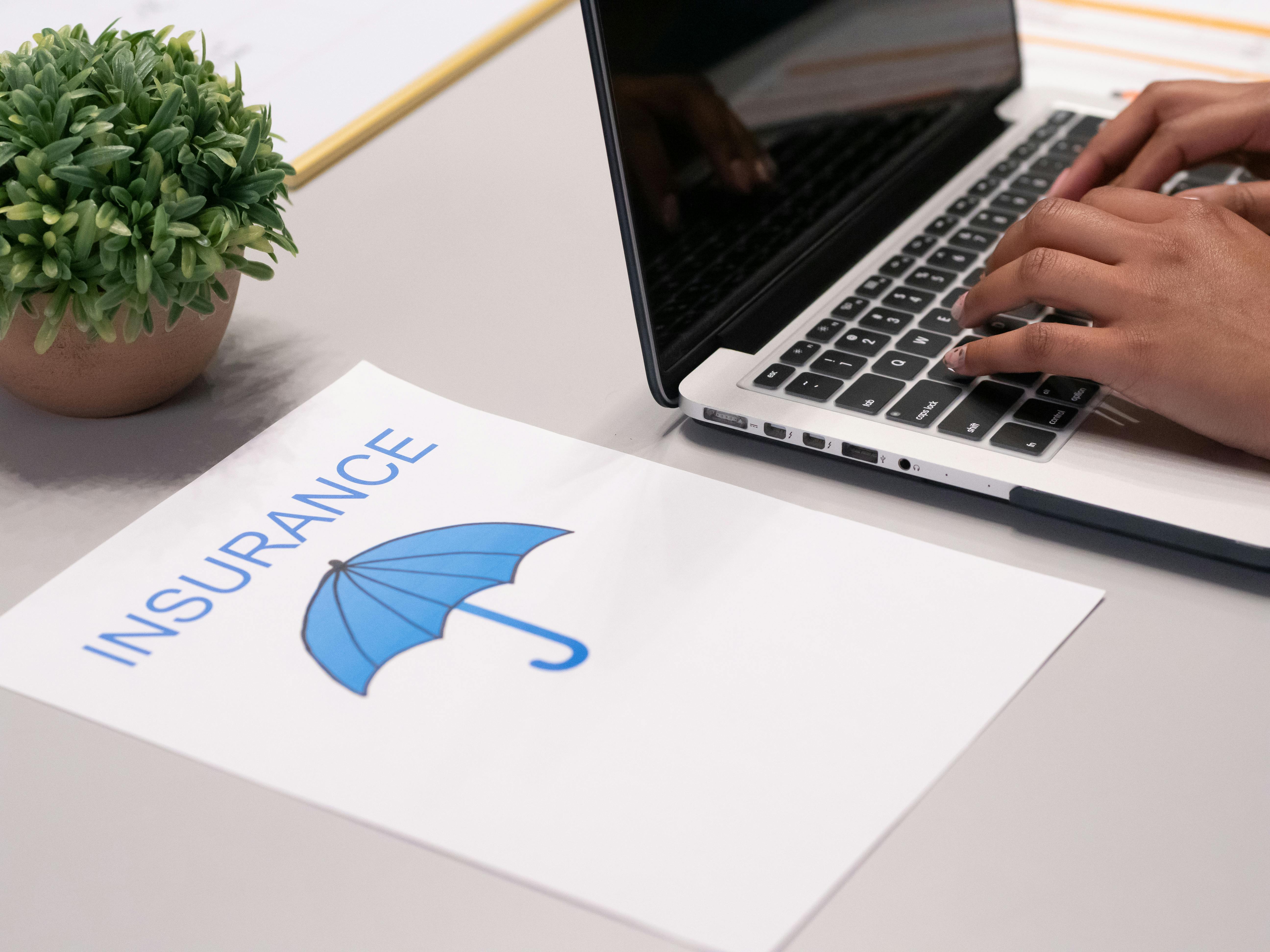
Decentralized Autonomous Companies: Revolutionizing Business Structures in the Blockchain Era
Decentralized Autonomous Companies: The Future of Organizational Structures
Understanding Decentralized Autonomous Companies
Decentralized Autonomous Companies (DACs) represent a groundbreaking paradigm shift in organizational management, leveraging blockchain technology to create transparent, efficient, and democratically governed business entities. Unlike traditional corporate structures, DACs operate through smart contracts and distributed governance mechanisms that fundamentally reimagine how companies can function in the digital age.
The core philosophy of DACs centers on removing centralized control and intermediaries, replacing them with algorithmically defined rules and community-driven decision-making processes. These innovative structures enable unprecedented levels of transparency, reduce operational costs, and create more equitable participation models for stakeholders.
Legal Frameworks and Jurisdictional Considerations
Navigating the complex legal landscape of DACs requires comprehensive understanding across multiple international jurisdictions. Different regulatory environments offer varying levels of recognition and support for these novel organizational structures:
United States Regulatory Approach
The SEC and other regulatory bodies have increasingly scrutinized blockchain-based organizational models, requiring careful compliance strategies. Jurisdictions like Delaware have been more progressive, allowing blockchain-based corporate record-keeping and governance mechanisms.
Offshore Jurisdictions
TerritorieS like the British Virgin Islands, Cayman Islands, and Switzerland have emerged as particularly receptive to blockchain-based corporate innovations. These jurisdictions offer flexible regulatory environments that accommodate the unique characteristics of DACs.
Top Decentralized Autonomous Company Protocols
| Protocol | Primary Focus | Total Value Locked | Governance Model |
|---|---|---|---|
| MakerDAO | Decentralized Finance | $8.2B | Token-Based Voting |
| Aragon | Organizational Infrastructure | $270M | Multilayered Governance |
| DAOstack | Collaborative Decision Making | $45M | Holographic Consensus |
Technological Infrastructure
The technological foundation of DACs relies on several critical blockchain components. Smart contract protocols provide the algorithmic backbone, enabling automated execution of organizational rules, transparent financial management, and decentralized voting mechanisms. Ethereum remains the primary blockchain ecosystem supporting most DAC implementations, though emerging platforms like Polkadot and Cosmos offer alternative architectural approaches.
Market Evolution and Future Implications
Recent market data from 2023-2024 demonstrates significant growth in DAC adoption. According to DeFi Pulse, the total value locked in decentralized autonomous organizations has grown by 327% year-over-year, indicating substantial institutional and retail investor interest.
Economic and Operational Advantages
DACs offer multiple compelling advantages over traditional corporate structures. Reduced administrative overhead, enhanced transparency, global accessibility, and programmable governance mechanisms create novel organizational possibilities. By eliminating hierarchical bureaucracies, these entities can operate with unprecedented efficiency and adaptability.
Challenges and Considerations
Despite their transformative potential, DACs face significant challenges. Regulatory uncertainty, complex governance mechanisms, and technical complexity represent substantial barriers to mainstream adoption. Security vulnerabilities in smart contract implementations remain a critical concern requiring continuous technological innovation.
RWA.codes: Your Partner in DAC Development
RWA.codes specializes in comprehensive blockchain solutions, offering expert consultation and technical development for organizations exploring decentralized autonomous company structures. Our multidisciplinary team combines deep technological expertise with nuanced legal understanding to support innovative organizational transformations.